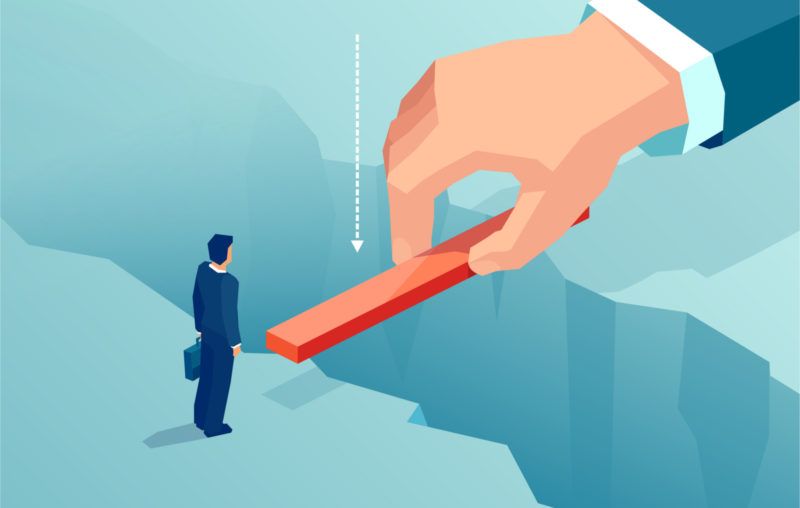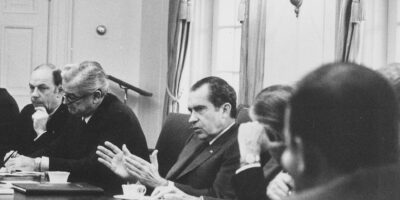WalkAway and the Civility Gap

As the Democratic Party veers further left, many are walking away from the Party. And, as the Party grows ever more “woke,” many are waking up to what the Party has really been.
The WalkAway movement was launched in June 2018 by Brandon Straka, when he uploaded what became the prototypical video of an individual telling his or her story about walking away. I did a study of the WalkAway videos, with Cy Fleming, published earlier this year in Society (available free at SSRN here). We examined the videos at the official YouTube channel posted June 29 to November 5, 2018, including 150 people who walked away from the Democratic Party.
A large majority of those 150 erstwhile Democrats report a civility gap between the left and the non-left. Fully 70 percent suggested that the left is less civil than Republicans and others. Our method is observational data, not a questionnaire. We observe that 70 percent suggest a civility gap. The other 30 percent don’t say one way or the other. So the 70 percent is a lower bound on the percentage who see a civility gap. We suspect that close to 100 percent of the erstwhile Democrats would testify that there is a civility gap.
These 150 individuals provide heartfelt testimony as people who used to vote Democrat. Their testimony is credible and compelling. It is hard not to be moved by their testimony of a civility gap. Many describe the fallout from deviating from leftist opinions—vitriol, unfriending on Facebook, and so on. Many lost real friends, close friends, because they moved away from the Democrat mindset.
For eight of the individuals, the video itself is their “coming out.” Most of them express apprehension about the grief they will catch.
The civility gap, it seems to me, is very real. I conclude with some comments that presuppose that leftism is terribly wrongheaded and that the civility gap is real and large. (It would be very valuable if someone would make a scholarly case for the civility gap – or against it.)
So we have two presuppositions: (1) leftism is terribly wrongheaded; (2) the civility gap is real and large. What would be the relationship between those two conditions?
One way to think about it is that because leftists have fallen into terribly wrongheaded beliefs, and become committed to them, they cannot tolerate civil discourse and civil social interaction: They have grown fragile, and as they replicate themselves in academia and elsewhere, increasingly more fragile all the time. Thus they rely on incivility to shield them from any stress that would expose their wrongheadedness.
Another way to think about it is that they choose to believe leftist ideas, and that choice is itself socially irresponsible and unbecoming. Adam Smith taught that justice is trilayered, and the most extensive layer is estimating objects properly.
An idea is an object. A policy position is an object. We are unjust in this estimative sense when we estimate the idea or policy position very wrongly. Estimative justice lurks behind the other senses of justice, manifested in social interaction. Unjustness here may express itself as incivility. The trilayered view of justice would suggest that both the wrongheaded commitment to leftism and failure in civility are very much of a piece.
Friedrich Hayek suggested that leftism appeals to our instincts from the small simple society of the primeval band. It could be that the beliefs and conduct of leftists are a system of unjustness.
The existence of a large civility gap would have enormous implications. Consider the issue of election integrity. If one side cheats a lot more than the other, then what will happen when the opportunities for cheating increase fivefold, or tenfold, or twentyfold?










